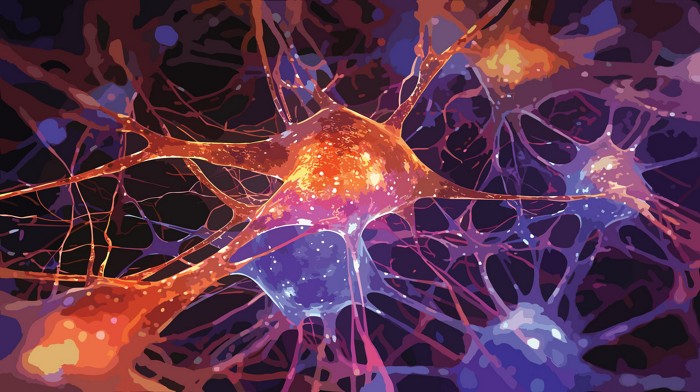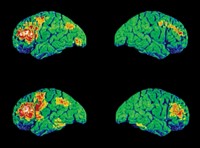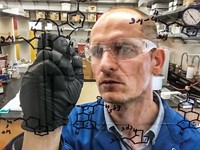Advertisement
Grab your lab coat. Let's get started
Welcome!
Welcome!
Create an account below to get 6 C&EN articles per month, receive newsletters and more - all free.
It seems this is your first time logging in online. Please enter the following information to continue.
As an ACS member you automatically get access to this site. All we need is few more details to create your reading experience.
Not you? Sign in with a different account.
Not you? Sign in with a different account.
ERROR 1
ERROR 1
ERROR 2
ERROR 2
ERROR 2
ERROR 2
ERROR 2
Password and Confirm password must match.
If you have an ACS member number, please enter it here so we can link this account to your membership. (optional)
ERROR 2
ACS values your privacy. By submitting your information, you are gaining access to C&EN and subscribing to our weekly newsletter. We use the information you provide to make your reading experience better, and we will never sell your data to third party members.
Start-ups
Seaport Therapeutics launches with $100 million and a neuropsych pipeline
Team behind Karuna aims for novel therapies for depression and anxiety
by Alla Katsnelson, special to C&EN
April 11, 2024

After the team behind Karuna Therapeutics sold the firm in December for $14 billion, some members of that same group have started another biotechnology firm developing neuropsychiatric drugs.

Boston-based Seaport Therapeutics launched April 9 with $100 million in an oversubscribed series A financing round led by Arch Venture Partners and Sofinnova, along with Third Rock Ventures and Seaport and Karuna founder PureTech Health. Daphne Zohar, former CEO of PureTech Health, will serve as Seaport’s CEO and Steven M. Paul, former CEO of Karuna, will chair Seaport’s board of directors.
Seaport’s core is its Glyph platform, which is based on work by Chris Porter of Monash University. The platform uses a glyceride moiety to divert drugs to the lymphatic system for absorption—bypassing the liver to dramatically boost bioavailability as well as decrease toxicity.

Seaport is launching with a trio of lead candidates, all of which have demonstrated proof of concept in humans. “We picked three drugs that we believe are going to be really effective, but without the Glyph technology they wouldn’t be medicines,” Paul says.
Topping Seaport’s list of lead candidates is SPT-300, an orally available Glyph formulation of a naturally occurring neurosteroid called allopregnanolone. It will target the subset of people with major depression who also have anxiety; an injectable form of allopregnanolone is already used to treat postpartum depression.
The second, SPT-320, is agomelatine, a compound for generalized anxiety disorder that is already available in Europe. The hope is that the Glyph formulation will reduce agomelatine’s liver toxicity, says Paul.
The riskiest of the three is SPT-348, a nonpsychedelic derivative of LSD that Seaport hopes will be effective as a rapid-acting antidepressant—with the Glyph formulation improving its tolerability.
Adding Seaport’s proprietary linker and glyceride moieties to the three compounds gives them patent protection, according to Paul. “That really helps us.”
The recent multibillion-dollar acquisitions of Karuna by Bristol Myers Squibb and of Cerevel Therapeutics by AbbVie suggest growing investor interest in neuropsychiatric drugs. Those deals “generated a lot of enthusiasm in the investor community—but I think also created a little bit of fear of missing out on the part of the large pharmaceutical companies,” Zohar says.
As imperfect as they currently are, neuropsych drugs tend to be blockbusters. Yet the field has seen limited innovation. “Now with Seaport and a few other companies, we are starting to see this innovation emerge,” Paul says. The company hopes to make its mark with medicines for mood and anxiety disorders, he says. “It’s very exciting for an old shrink like myself.”




Join the conversation
Contact the reporter
Submit a Letter to the Editor for publication
Engage with us on Twitter